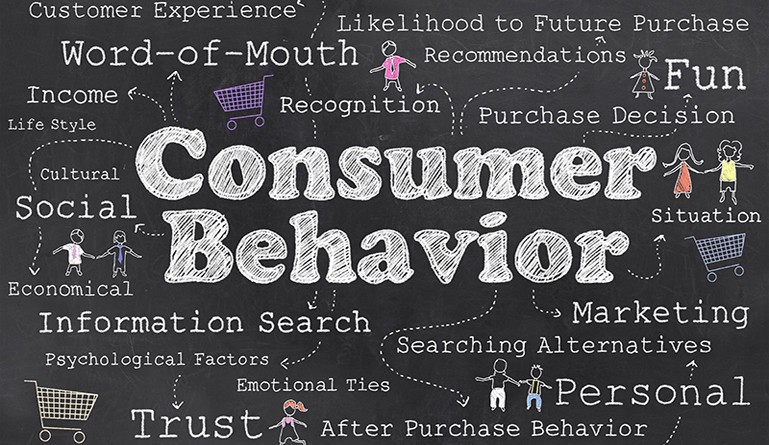By Zion Rufus
Consumer buying behavior is widely influenced by factors which include brand awareness, geography and culture, family, and brand image. Advertisers ramp up their ad spend In order to stay in the faces of their target market and also influence the buying behavior of the consumers such as life styles, purchasing power, technology, traditional culture and income.
Brand perceptions on consumer buying behaviors also vary and should change from time to time and from person to person as the world evolves. Consumers are attracted to brands and products which speak directly to their emotions or send messages that resonates deeply with them. Studies found that emotional attachments put a huge influence on the customers and their buying behavior as people tend to associate themselves with the brand due to sentimental value or goodwill.
Advertisement helps the company to create the necessary awareness needed to shape the perception of the customers; people can perceive the quality of the products by gathering the information which they usually get through advertisements. The perception of the quality, awareness of the product and consumer opinion drives the consumer buying decision.
Advertising spending also creates positive impression about a brand in the minds of the consumers. Hence, advertising spending is positively related to perceived quality, which leads to greater amount of purchase from that brand as consumers generally prefer to purchase from a well know brand in order to avoid disappointments over quality.
Appeals in advertising act as catalysts for influencing and arousing the psychological motive of the consumer for buying. As rational appeals emphasizes mainly the benefits of the product and problems which it can solve, while on the other hand emotional appeal meets the consumer’s psychological, emotional and social requirements.
Then there’s cognition; advertisements shape the behaviors of the people through cognition. Cognition is the perception of a person towards the information communicated through advertisements. These cognitions are observed by consumers through senses, perception, attention, memory, reasoning, and language; best way of attracting the customers is to understand the psychological cognitive aspects of the consumers
With this development and rapid changes as the media and technology evolves, advertisers and marketers are now seeking out more channels to provide them the easiest and fastest access to consumers. As technology evolves, consumers now have increased access to information, which has increased personal learning and awareness, and invariable reduced how brands can influence the purchase decisions of customers.
Nowadays, people have access to the endless supply of advertisements. However, they fancy something new, entertaining and something that can grab their attention. Boring advertising will not sustain in consumers’ minds long enough. Therefore, entertainment has been termed as a significant advertising strategy for increasing advertising effectiveness and imploring them to make a purchase.






Comment
No comments found.